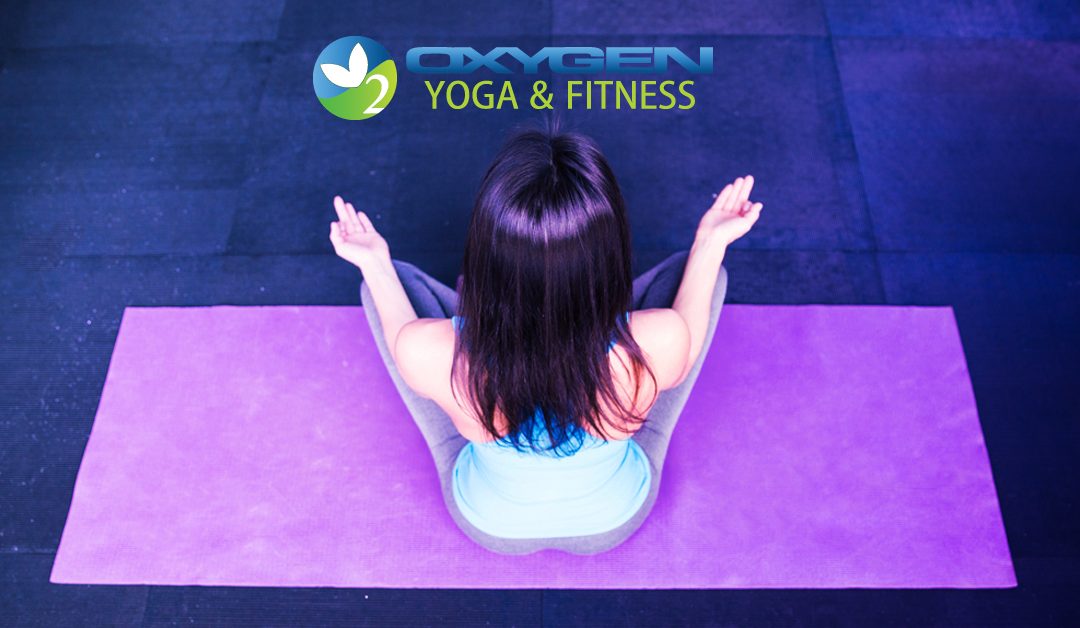Commit to your yoga practice and you’ll find you reap the benefits in every corner of your life.
Yoga has been a popular practice for years, and it’s not hard to see why. Stepping out of our busy lives and onto our mats gives us a short refuge from the busyness of modern life, and the chance to restore ourselves to the best versions of who we can be. We take time to acknowledge the most essential parts of what it is to be human, like focusing in on our breathing, an essential part of our lives that we don’t tend to give much attention to in our everyday lives. We get our bodies moving, we connect our bodies to our minds, and we learn to find stillness amongst all the busyness of our daily grind. Here’s a few ways that yoga can help us to grow and learn.
Yoga teaches us the importance of breathwork..
If you’ve tried a yoga class before, you’re probably aware that breathwork plays an integral role in the practice. But you might not know the effect that this practice can have on your body and mind. Changing the way we breathe can make a major difference to our bodies, for example the breath practice in restorative yoga can impact your parasympathetic nervous system. And our nervous system isn’t the only thing breathwork can affect. Breathing can affect our lung function, improve our immune system function, reduce stress, and help us relax.
Yoga guides us through intention setting..
Intention setting is how we get started on the path to who we want to become. Deepak Chopra describes an intention as “a directed impulse of consciousness that contains the seed form of that which you aim to create”. When you step into a yoga class, you’re often encouraged to set an intention for your practice. Learning this practice can help you learn to develop intentions for every area of your life. Intention setting empowers us to work towards our goals, and helps us become present and active in our lives.
Yoga helps us find self-compassion..
While we use intention setting to create our futures, we can also focus on being kind to ourselves as we are now. Yoga specifically targets this goal by helping us create self-compassion. Self compassion means to treat ourselves kindly regardless of how we feel about our successes or failures, aiming to be there for ourselves like we would for a friend. Yoga helps us to gain awareness about ourselves and to accept where we are in the present day, which are both important aspects of self compassion. When we step onto the mat, it’s not about being the most flexible or strongest. Your practice is equally as important no matter where you are in your yoga practice. As we learn this mindset, we can take it with us into the rest of our lives, and honor the work we are achieving instead of looking at the things we still want to improve.
Yoga helps us build a healthy routine..
In weeks when juggling meetings at work and making plans with friends and family feels near impossible, it can be difficult to fathom adding another thing into your weekly schedule. But, having time for yourself and your wellbeing is essential. Exploring your interests and giving yourself time where you don’t have to be focused on anyone else by adding yoga to your schedule may just give you the extra boost you need to be there for others the other 23 hours of the day, or act as the first step to any other lifestyle changes you may want to make.
Yoga changes your brain..
Yoga goes beyond giving us tools to work on ourselves – it actually helps us make changes. As Harvard Health Publishing explains, yoga “actually makes your brain work better”. Each time you commit to your practice, you are taking the time to help strengthen and grow your brain. Yoga can help improve your cognitive skills, and has even been suggested to counteract memory loss as we age. By strengthening our brains, we can allow ourselves more space to focus on the things that are important to us, and to remember the things which we cherish most.
Yoga can support your mental health..
Recent research is suggesting that yoga actually helps us improve not only our physical health, but also our mental health. Yoga can help reduce anger and improve our mood. Moroever, studies have found yoga to “strengthen social attachments, reduce stress and relieve anxiety, depression and insomnia”. Because of all these benefits, psychologists are even using yoga as a technique to work alongside their psychotherapy sessions.
Next time life gets busy and you’re not sure if you have the time for your yoga practice, ask yourself if you will feel better after taking the time to focus on your practice. If you commit to regular practice, you might even begin to notice the mental health benefits manifesting in your daily life.


